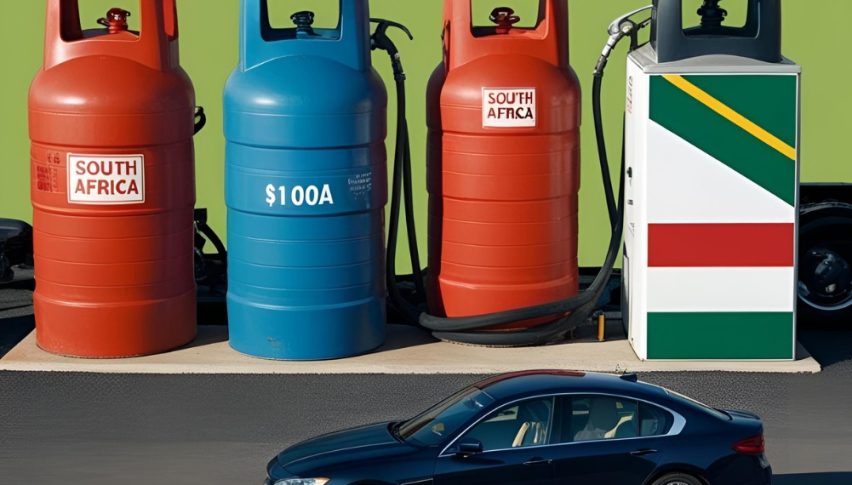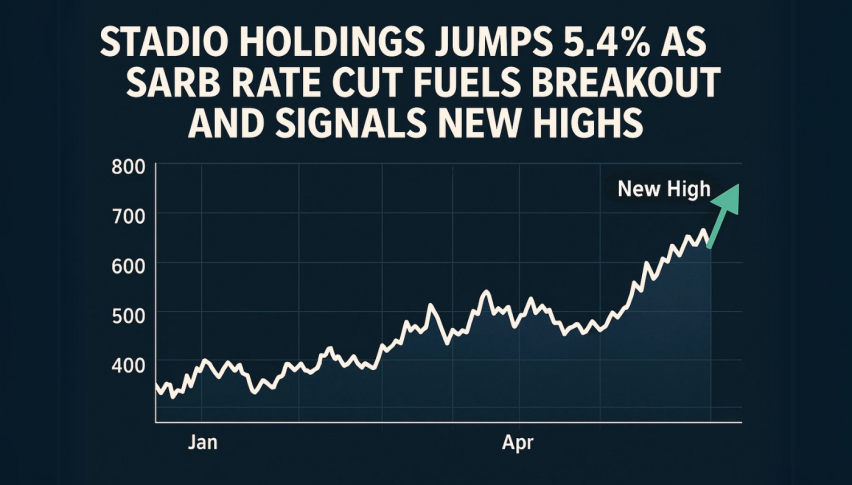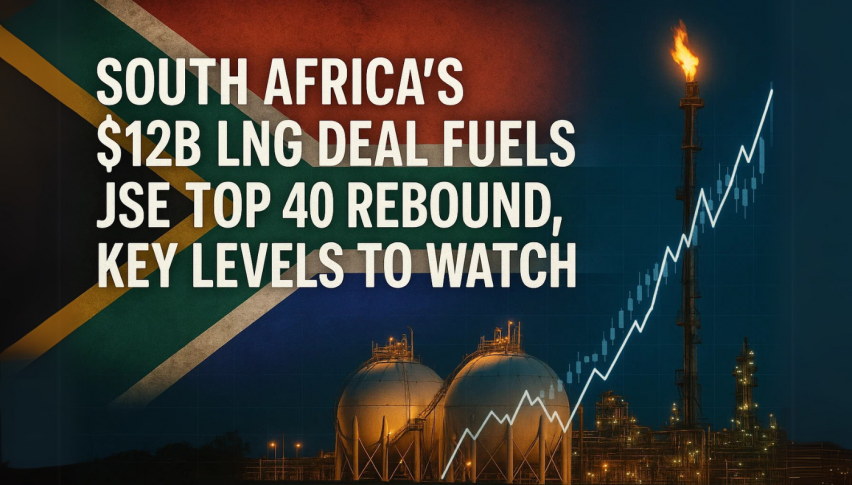Can the US $1B Deal Keep South Africa Gas Prices Down and Relieve Shortage?
South Africa is competing for US liquefied natural gas in an attempt to avert an energy crisis and strengthen fragile commercial ties.

Quick overview
- South Africa is negotiating a $1 billion annual deal to purchase liquefied natural gas from the U.S. to prevent an impending energy crisis.
- The agreement aims to secure energy supplies while allowing South Africa to export vehicles to the U.S. duty-free, amidst potential tariffs.
- Failure to secure reliable gas could lead to significant job losses and economic contraction in South Africa's energy-intensive sectors.
- The deal represents a strategic partnership that could enhance trade relations and support long-term energy security for South Africa.
South Africa is competing for US liquefied natural gas in an attempt to avert an energy crisis and strengthen fragile commercial ties.
Looming Energy Crisis Forces Strategic Shift
South Africa faces a critical natural gas shortfall by 2026, a threat that could severely disrupt its industrial core and send shockwaves through its economy. The Petroleum Agency of South Africa (PASA), speaking at the WITS Gas Symposium, warned of a major supply gap that could emerge within just a year if action is not taken. The stakes are high—energy-intensive industries such as petrochemicals, metals, and manufacturing are already on edge, and analysts predict the potential loss of 70,000 jobs and a 4% contraction in GDP should the crisis unfold unchecked.
The urgency surrounding the situation has catalyzed high-level diplomatic activity, culminating in a highly publicized and, at times, contentious meeting between U.S. President Donald Trump and South African President Cyril Ramaphosa last week in Washington.
Trade Negotiations: Gas for Autos
Despite media drama surrounding the summit, real progress appears to be unfolding behind closed doors. South Africa has now announced its intention to purchase liquefied natural gas (LNG) from the United States under a proposed 10-year agreement worth roughly $1 billion annually. In return, South African exports—particularly 40,000 vehicles per year—would enter the U.S. market duty-free. This concession comes as Washington had been considering imposing tariffs of up to 30% on South African goods.
According to Cabinet Minister Khumbudzo Ntshavheni, who was part of Ramaphosa’s delegation, the yet-to-be-signed agreement also includes duty-free access for key industrial inputs: 385,000 tonnes of steel and 132,000 tonnes of aluminum. In addition, South Africa would benefit from U.S. investment in domestic gas infrastructure, including fracking and distribution, further supporting its long-term energy security goals.
Economic and Industrial Stakes
For South Africa, this agreement represents more than just a stopgap—it’s a lifeline. Energy-hungry sectors currently contribute up to R500 billion annually in economic output, underpinning both employment and exports. Without reliable gas supply or alternative infrastructure in place, the cascading effects of a shortage could include spikes in electricity and input costs, weakened production capacity, and declining investor confidence.
The United States, for its part, views the deal as an opportunity to monetize excess energy resources while addressing its growing national debt—an issue magnified by a recent Moody’s downgrade. President Trump has openly linked U.S. energy exports to broader debt-reduction strategies and economic rebalancing.
Strategic Outcomes and Future Prospects
The proposed LNG-for-auto-access deal aligns both countries’ interests. South Africa secures critical energy supplies to avoid industrial disruption and buys time to invest in infrastructure. The U.S. gains a stable long-term buyer for LNG, strengthens trade in a geopolitically important region, and avoids escalating tariff disputes.
President Ramaphosa emphasized in his weekly address that the potential agreement signals a broader opportunity to diversify trade—touching on sectors like mining, nuclear energy, and agriculture. For both nations, this could mark the beginning of a more pragmatic, economically focused relationship built around mutual benefit rather than antagonism.
As the clock ticks down to 2026, the success of these negotiations may ultimately determine whether South Africa can stave off a national energy crisis—or plunge deeper into industrial and economic instability.
- Check out our free forex signals
- Follow the top economic events on FX Leaders economic calendar
- Trade better, discover more Forex Trading Strategies
- Open a FREE Trading Account



